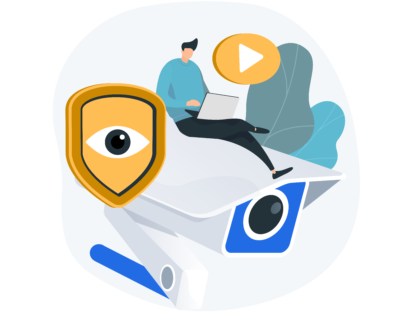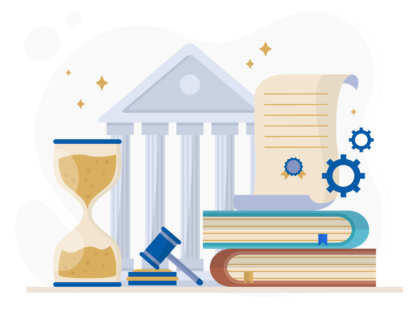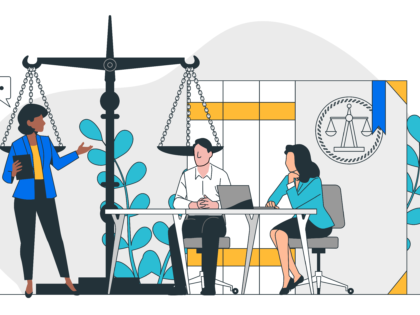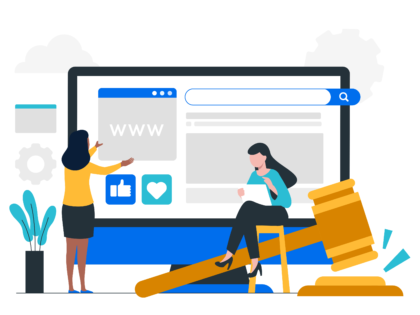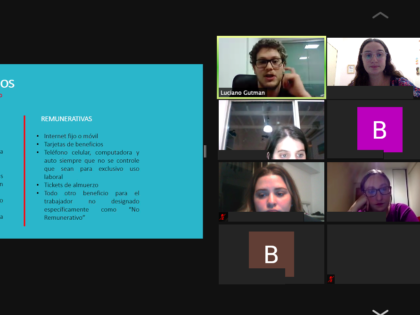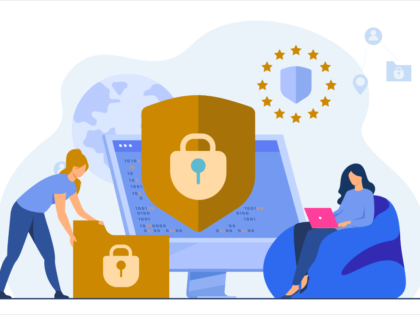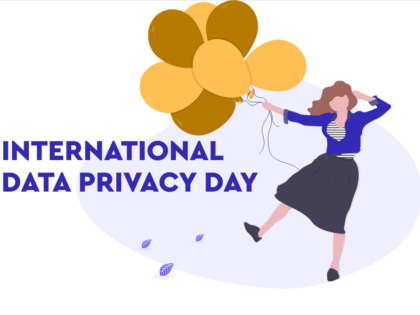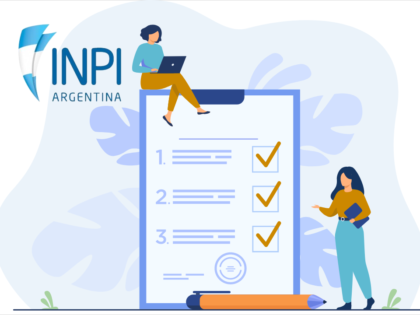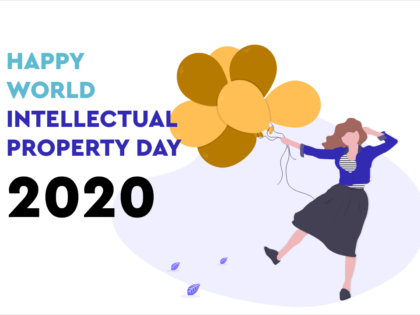Guide for Virtual Mediations
0 Comments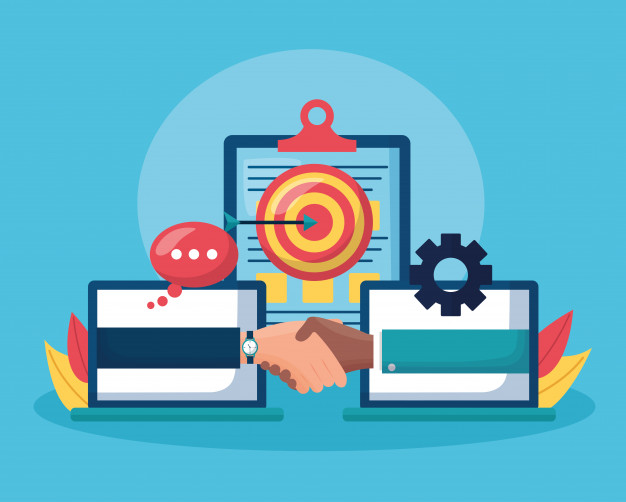
In a recent blog post, we discussed about the legal framework established by the Ministry of Justice in Resolution Nº 121/2020, regarding the possibility for mediators to carry out Mandatory Mediation’s meetings by using the resources that New Technologies brought up, such as videoconferences.
This time, the Undersecretary for Access to Justice -that depends of the aforementioned Ministry- issued Order Nº 7/2020, that includes a brief Guide for these Virtual Mediations during the social isolation period decreed by the Government, which applies only to mediations carried out in Buenos Aires City. Our readers can consult the complete Guide here.
In order to carry out Virtual Mediations, all parties should agree to enact the procedure remotely. This contentment is considered as given if the mediator receives an email from the parties solicitating it, while supplying the personal information of themselves and their clients, cellphone number and email addresses, where further notifications would be considered as valid. Also, before the first meeting, they must send by email all documents that prove their identities and the representation bestowed upon them.
Afterwards, the mediator will agree with the parties the date and time of the meeting and the videoconference platform to be used. The Guide does not provide further requirements regarding security measures that the chosen platform should comply with.
The parties and their attorneys -whose presence during the whole procedure is mandatory- and the mediator as well, will participate in the meeting by using the new technologies. In the introductory speech, the mediator will emphasize the importance of confidentiality and the prohibition of recording or reproducing the meeting by any means. Then, parties will declare that they would not record it and that no third parties are watching or listening to it.
According to the Guide, the mediator should inform every participant about the principles that rule mandatory mediations as established by Article 7 of Law Nº 26.589, namely:
- Impartiality of the mediator;
- Freedom and willfulness of the parties to participate in the mediation;
- Equality of the parties;
- Special acknowledgement of the interest of minors, people with disabilities and dependent seniors;
- Confidentiality regarding information revealed during the procedure by the participants, their attorneys or participating third parties;
- Encouragement of direct communication between parties towards the creative and cooperative search of conflict resolution;
- Celerity of the procedure, attending to advances in negotiations and the achievement of the deadlines fixated by the parties, if that was the case:
- Explicit authorization by all participants for third parties to attend meetings in that capacity.
For the time being, remote mediation meetings can only be conducted while the social isolation period decreed by Government continues. However, we expect that -once this measure is over- the possibility for online mediations will continue as an available option when parties solicit a mediation, based on the benefits this method provides to both attorneys and parties.
In order to accomplish this objective, remote mediations should overcome the limits of the current legal framework, allowing it to become as functional and binding as on-site meetings.
Such limitations, currently are, for instance:
- The requisite of and explicit agreement of the parties for conducting remote mediations -making impossible for the solicitor to initiate it without the consent of the respondent-
- The inability of closing the procedure based on the absence of the parties.
- The need of going in person to the mediator’s office in order to personally sign the agreement when there is no availability of digital signature.
According to the current legal framework, if the parties reach an agreement and they don´t possess a digital signature, they should make an appointment with the mediator to sign the settlement in person. In this scenario those implicated would be able to circulate only for that purpose. Even though this could be inconvenient for people in risk groups or currently residing far away from Buenos Aires City downtown (where most of these offices are located), at least, in this exceptional times, it guarantees parties -in a context where most people aren´t able to digitally sign documents yet– that they rely on a legally binding instrument that can be easily enforced in court.
Finally, while we praise the decision of exceptionally allowing – during the isolation period – remote mandatory mediations, complemented with the option of signing on site when digital signature is not available, we believe that this limitation, along with many others, should be evaluated towards overcoming them. This way, virtual mandatory mediations could be functionally and legally equivalent and thus real alternative to on site mediations, benefiting mediators, parties and attorneys, not only during isolation but also as a long term available option.
Vector de Personas creado por gstudioimagen – www.freepik.es

